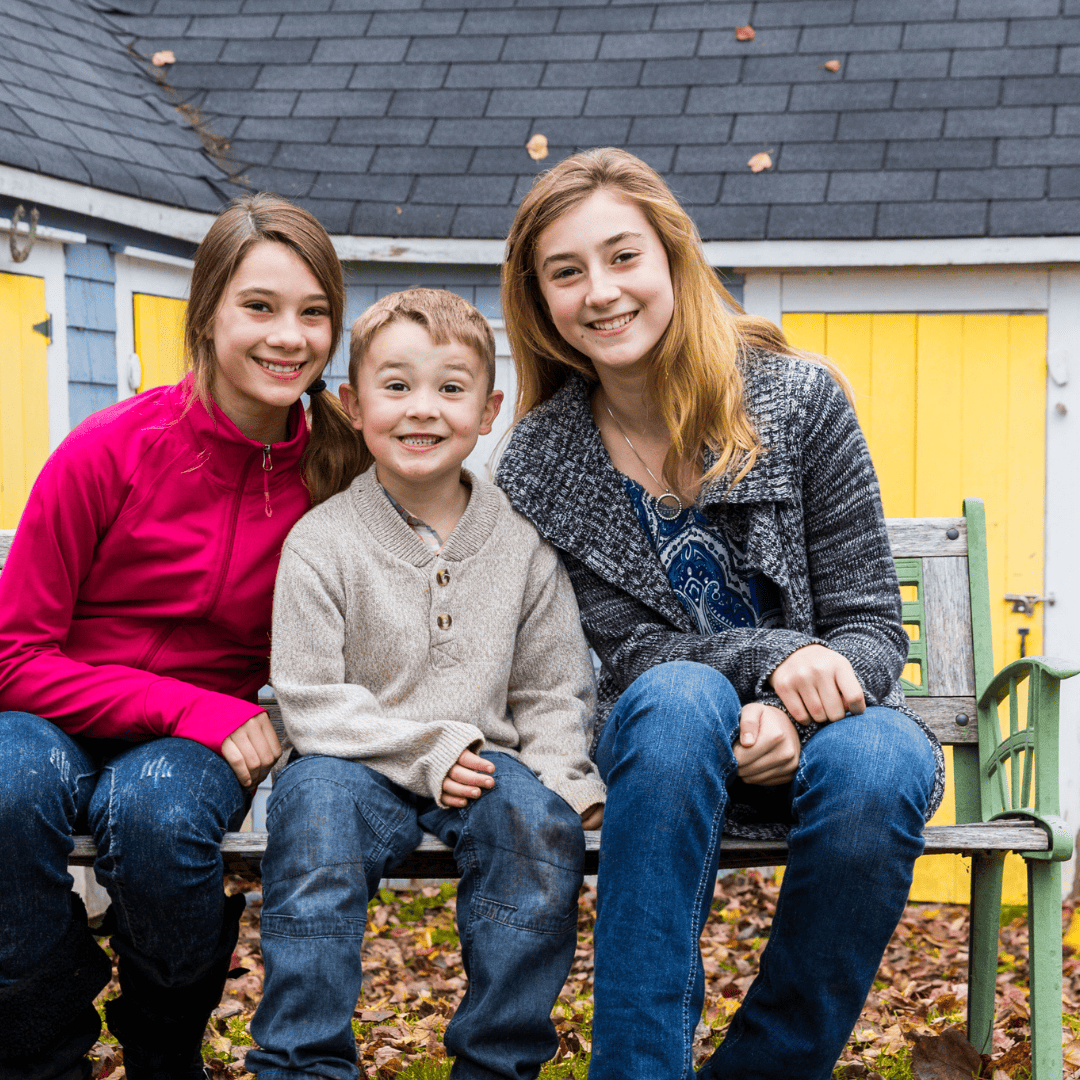
Long Term Fostering
Long-term placements are often sought when a child or young person is unable to return to their birth family, for a variety of reasons.
The child will be between 0-18 years of age and you could foster them for a few years or provide them with a secure, caring and stable home throughout their childhood and into adulthood. But long term fostering does not mean permanent foster care.
Long term foster care allows the young person to feel like a member of a family, where they feel cared for, encouraged and have a safe environment to grow up in.
Building attachments to people is an essential part of growing up and is something that foster children can struggle with. In long term fostering, the birth parents could still be involved in the young person’s life, so having a foster carer who is always there to encourage and support them is extremely beneficial to the young person.
What happens at age 18?
As a long term foster carer, you play the role of a parent in a young person’s life, but the Local Authority and the young person’s birth parents have responsibility for them.
When a fostered young person reaches 18, they are no longer classed as a ‘looked-after child’. However, that doesn’t mean that they are required to move out of the foster home.
If you and the young person are in agreement, special arrangements can be made for them to continue to live with you. This is called Staying Put in England.
For more information about these special care arrangements check out England – Staying Put

Find out more about what our foster carers have to say
Training gives us knowledge for the future
"We feel training has been most important in the last year and has helped us to understand some of the behaviour issues we have had to deal with as foster carers and how best to help the child through difficult periods. We have attended lots of relevant training sessions which have also given us knowledge for future placements."
FCC Carer, Norfolk Tweet


Helpful guidance on educational achievements
"The service we received from FCC has been brilliant, our supporting social worker is always there to help if not , anyone from the service team is always there to help. The biggest help we've had has to be from FCC's education co-ordinator. She has helped and guided us to get the results we have achieved for our placement, she explained the processes and what we could do and how to get it."
FCC Carer, Barnsley Tweet
Other Types of Fostering
Could you foster? We'd love to have a chat and help you with your fostering journey!




